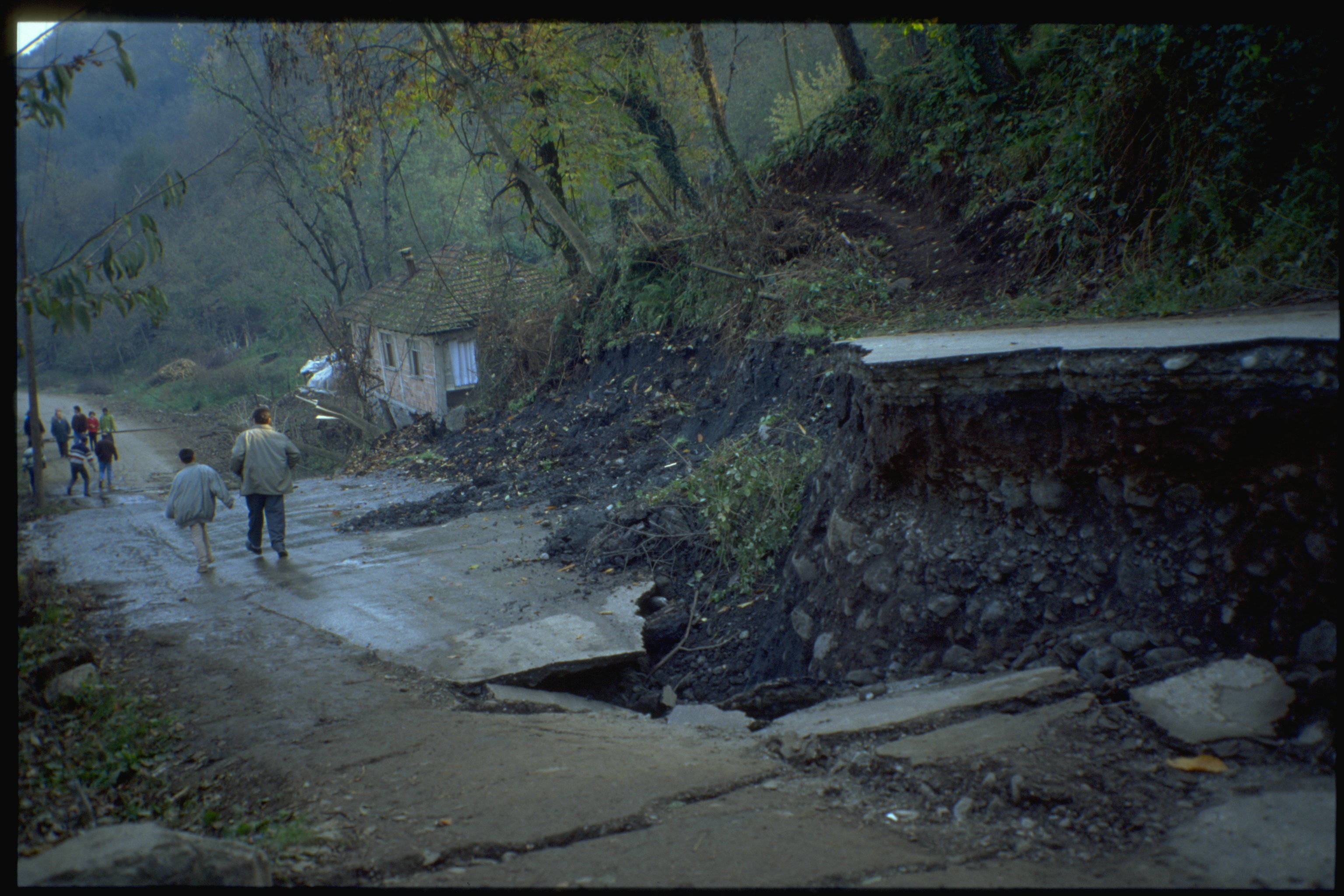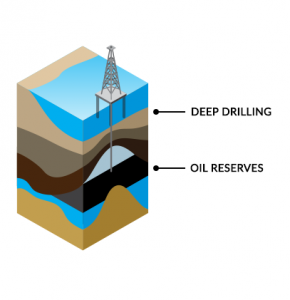All Categories
Featured
Table of Contents
What Does A Geophysicist Do? Role & Responsibilities in Innaloo Western Australia 2023
This work is progressively contracted out, so consultancies provide another source of employment. Consultancy firms differ in size, from extremely little business to big multinationals. Some consultancies are rather specialised in using specific geophysical techniques or working in particular locations, while others use a more diverse variety of services to their customers.
The extraction of gas from land fill sites is another location of work and this may grow in the future. Expedition business may undertake work for building and construction firms, public utility, mining business and ecological firms, so geophysicists might be employed in any of these settings. Other companies include: geological surveysgovernment bodies and agenciesuniversities and research institutes.


Jobs may be listed in the oil and gas sector press. Recruitment is impacted by oil rate variations and the level of competitors for positions varies depending on this. Careers Days, which cover the full variety of geoscience careers and are normally gone to by a number of essential market companies, are run by The Geological Society.
Careers In Geology And Geophysics in Ocean Reef Oz 2023
A few of the large oil and gas business use a full two-year structured training programme throughout the breadth of geophysics, including the chance to experience operate in various groups before specialising in one location. Your training may include work on: existing wellsmagnetic and gravitational prospective field information analysisresearchrock analysis. However, it's more normal for your initial training to be supplied on the task.

There may be a probationary period during which you work together with a knowledgeable associate. Competency-based appraisals happen frequently in most companies. In smaller firms, and for scholastic posts, there is unlikely to be any official training - you'll be expected to start work straightaway and get abilities as you go along.
If you work for a smaller company, you might discover that you require to take obligation for organizing and funding your own advancement and training. If you have a geology degree, membership of The Geological Society can be helpful for networking and for keeping up to date with the market.
Geophysicist Job Description in Trigg Aus 2022
You might also find it helpful to join the PESGB (The Petroleum Expedition Society of Great Britain, which has a geophysics special interest group. After a probationary duration, and once you have actually acquired some experience, you might advance to senior geophysicist, then group leader and then into a senior function in management.
The ease of motion between roles depends on the business structure. Study at Masters or Ph, D level in a subject related to geophysics or geosciences might assist with your profession development and development. The employment market within the oil and gas market is really reliant on cost and this may impact your chances for profession progression.
For experienced geophysicists, freelance consultancy uses a great route for profession development. As a geophysicist, you're most likely to have a number of jobs throughout your working life.
Geophysical Survey in Waterford Aus 2022
From geophysics, it's possible to concentrate on seismology (finishing more training to become a seismic interpreter) or to move into associated locations such as engineering geology or hazard forecast.
Choosing what to study in college is a hard choice. Even if you know that your field of interest lies in science, what program of research study is right for you? If you make the decision to significant in physical and biological sciences and pursue a profession as a geophysicist, you're preparing for an exciting and lucrative profession.
The first action to accomplishing your objective of becoming a geophysicist is making a degree. Even for entry-level positions in the field of geoscience, you'll need a bachelor's degree (a geophysicist college degree) from a recognized college or university. Some research positions need prospects to hold master's degrees or even Ph.
Geophysical Survey in Crawley WA 2020
Postgraduate degree are especially essential if you prepare to teach at a four-year institution. Geophysicists apply physics concepts and techniques to study the gravitational, magnetic, and electrical fields of the earth. This enhances researchers' knowledge of both the world's interior core and its surface area. Geophysicists need to be able to: examine rocks, photographs, and other pieces of information carry out research study both in the field and in laboratories develop maps and charts of their findings compose reports To achieve all this, trainees require a specialized education for geophysicist professions.
As specified above, you'll require a bachelor's degree in geoscience or an associated discipline, such as a physical science or a natural science, to land an entry-level task. Trainees can likewise prepare by majoring in topics like: Biology Chemistry Computer system science Engineering Mathematics Physics The above geophysicist majors use a more generalized technique to a single scientific discipline, however many programs require students to take one or more geology course.
Latest Posts
What Should I Do To Be A Geophysicist? in Subiaco WA 2022
Geophysicist - Jobs And Skills Wa in Midland Western Australia 2023
Career Guide: Geophysicist in Tapping Aus 2022